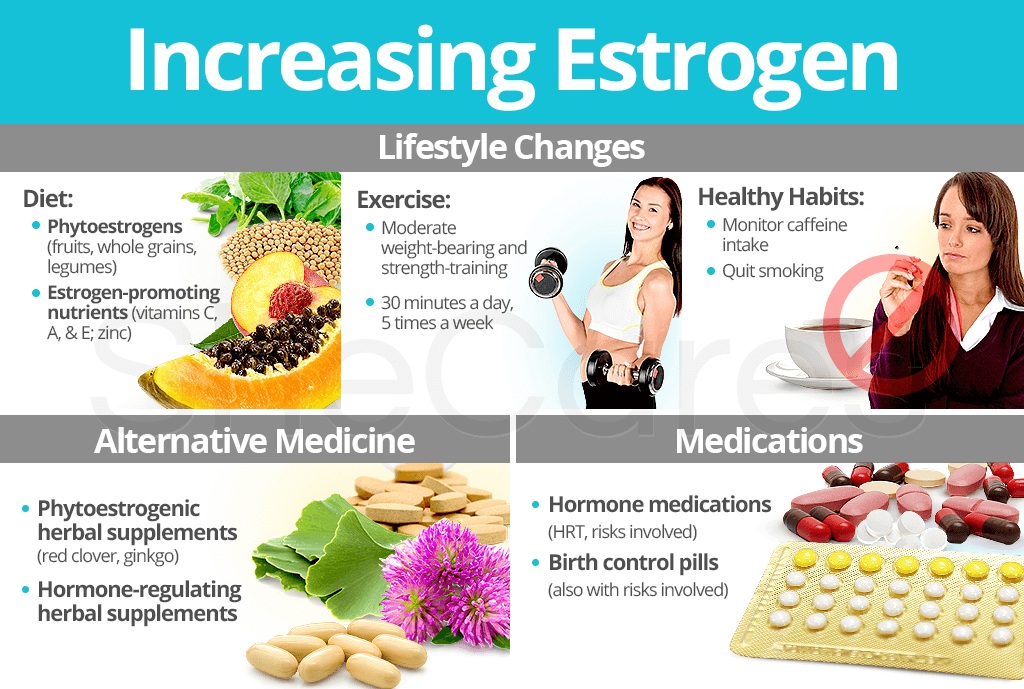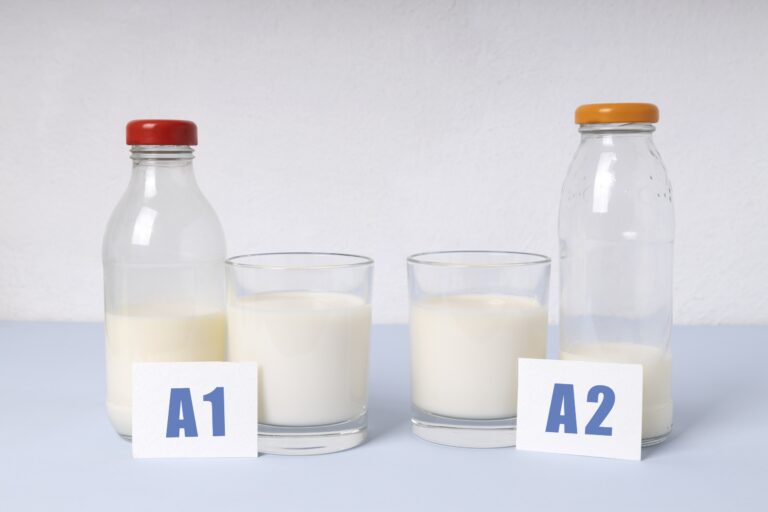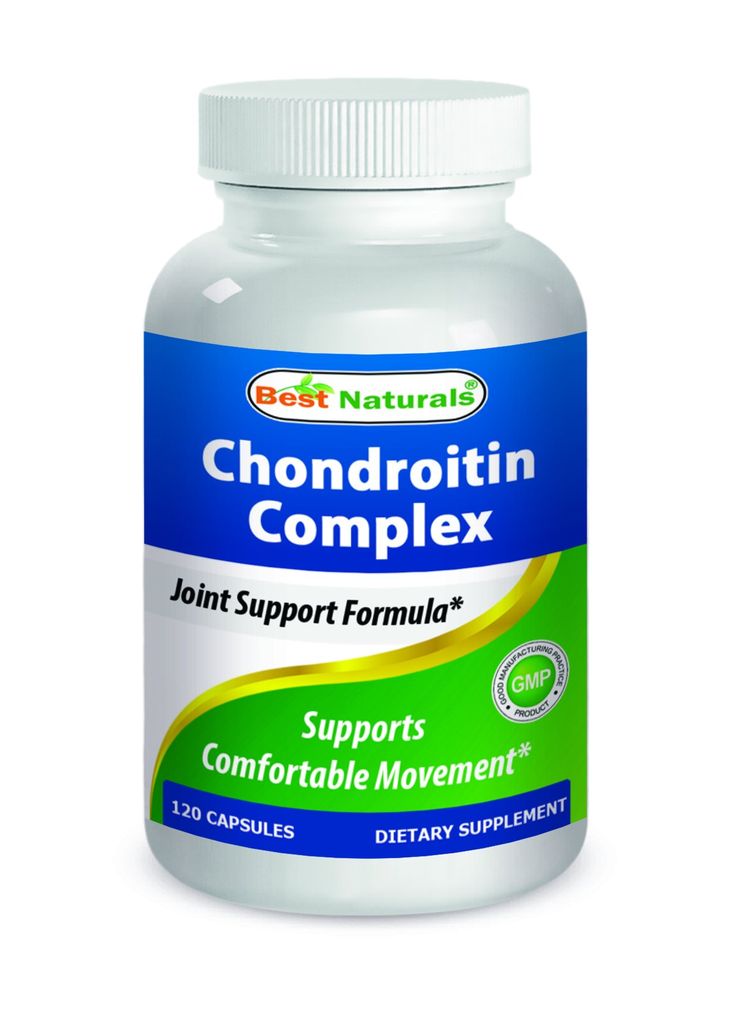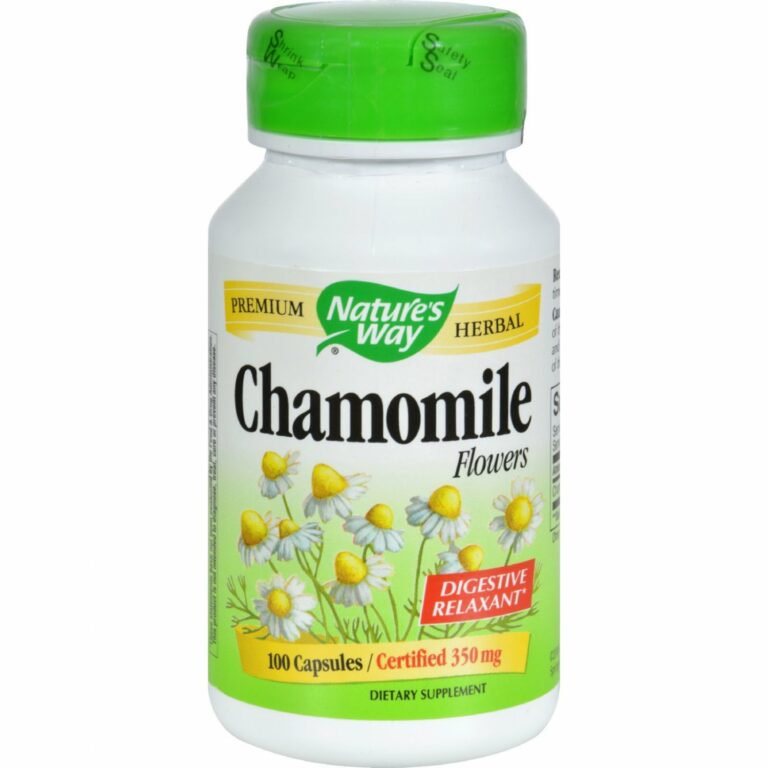Estrogen is a key hormone in the human body, playing a crucial role in various physiological processes, including reproductive health, bone density, and cardiovascular function. While estrogen levels are primarily regulated by the body’s endocrine system, diet and lifestyle factors can also influence estrogen production, metabolism, and balance. In this comprehensive guide, we will explore how your diet can affect estrogen levels, examining the impact of different foods, nutrients, and dietary patterns on estrogen regulation and health outcomes.
Understanding Estrogen
Estrogen is a group of hormones primarily produced in the ovaries in women and in smaller amounts in the testes in men. In women, estrogen plays a central role in the menstrual cycle, fertility, pregnancy, and bone health. It also influences various tissues and organs throughout the body, including the breasts, uterus, brain, and cardiovascular system. Estrogen levels fluctuate throughout the menstrual cycle, peaking during ovulation and declining during menstruation.
The Role of Diet in Estrogen Regulation
While estrogen levels are primarily regulated by the body’s endocrine system, dietary factors can influence estrogen production, metabolism, and balance. Certain foods and nutrients can either promote or inhibit estrogen synthesis, affect hormone metabolism, or alter estrogen receptor activity, leading to changes in estrogen levels and physiological responses. Understanding how dietary choices can impact estrogen levels is essential for promoting hormonal balance and overall health.
Foods That May Increase Estrogen Levels
Soy Products
Soybeans and soy-based foods contain phytoestrogens, plant compounds that mimic the effects of estrogen in the body. Consuming soy products, such as tofu, tempeh, and soy milk, may modestly increase estrogen levels, particularly in postmenopausal women.
Flaxseeds
Flaxseeds are rich in lignans, phytoestrogenic compounds that can modulate estrogen metabolism and activity. Including flaxseeds in your diet may help support hormonal balance and may have protective effects against certain hormone-related conditions.
Legumes
Legumes such as lentils, chickpeas, and beans are rich in fiber and phytoestrogens, which may have estrogen-like effects in the body. Consuming legumes as part of a balanced diet may help promote hormonal health and overall well-being.
Foods That May Decrease Estrogen Levels
Cruciferous Vegetables
Cruciferous vegetables like broccoli, kale, cabbage, and Brussels sprouts contain compounds called indole-3-carbinol and sulforaphane, which can help support estrogen metabolism and detoxification. Including these vegetables in your diet may help promote healthy estrogen levels.
Berries
Berries such as strawberries, blueberries, and raspberries are rich in antioxidants and fiber, which may help support hormone balance and reduce estrogen levels. Including a variety of berries in your diet can provide numerous health benefits, including hormonal support.
Healthy Fats
Consuming healthy fats from sources such as avocados, nuts, seeds, and fatty fish can support hormone production and balance. Omega-3 fatty acids found in fatty fish like salmon and sardines may help reduce inflammation and support estrogen metabolism.
Dietary Patterns and Estrogen Levels
In addition to individual foods, dietary patterns can also influence estrogen levels and hormonal balance. Diets rich in whole, nutrient-dense foods, such as fruits, vegetables, whole grains, lean proteins, and healthy fats, may help support optimal estrogen levels and overall health. Conversely, diets high in processed foods, refined carbohydrates, sugars, and unhealthy fats may disrupt hormone balance and increase the risk of hormone-related conditions.
Conclusion
In conclusion, your diet can play a significant role in influencing estrogen levels and hormonal balance. Consuming a variety of whole, nutrient-dense foods, including fruits, vegetables, whole grains, lean proteins, and healthy fats, can help support optimal estrogen levels and overall health. Including phytoestrogen-rich foods like soy products, flaxseeds, and legumes in moderation may have modest effects on estrogen levels, while incorporating cruciferous vegetables, berries, and healthy fats can help promote healthy estrogen metabolism and balance. By making mindful dietary choices and adopting a balanced approach to eating, you can support hormonal health and well-being throughout all stages of life.
- Thirst Quenchers to THC Dreams: A Flavorful Review of Melo’s Infused Beverages - May 20, 2024
- Benefits of Chondroitin Supplements - April 2, 2024
- Benefits of Chamomile Supplements - April 2, 2024








